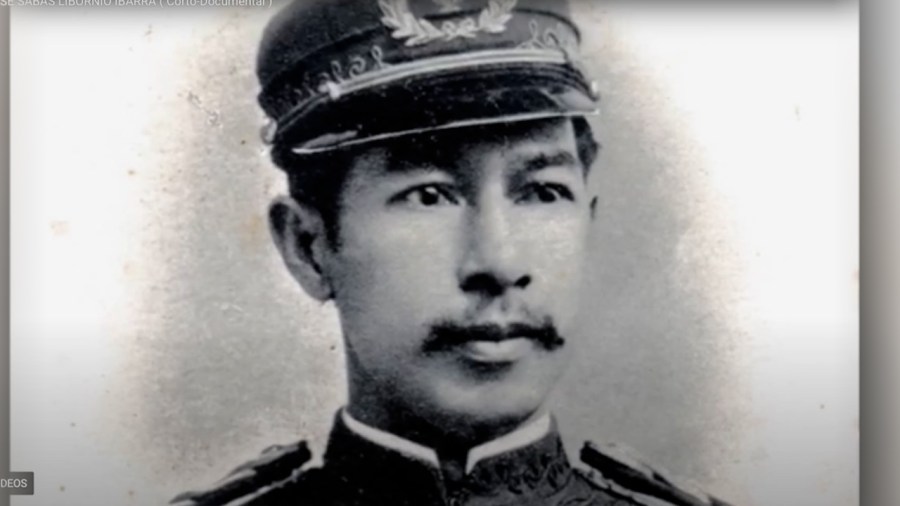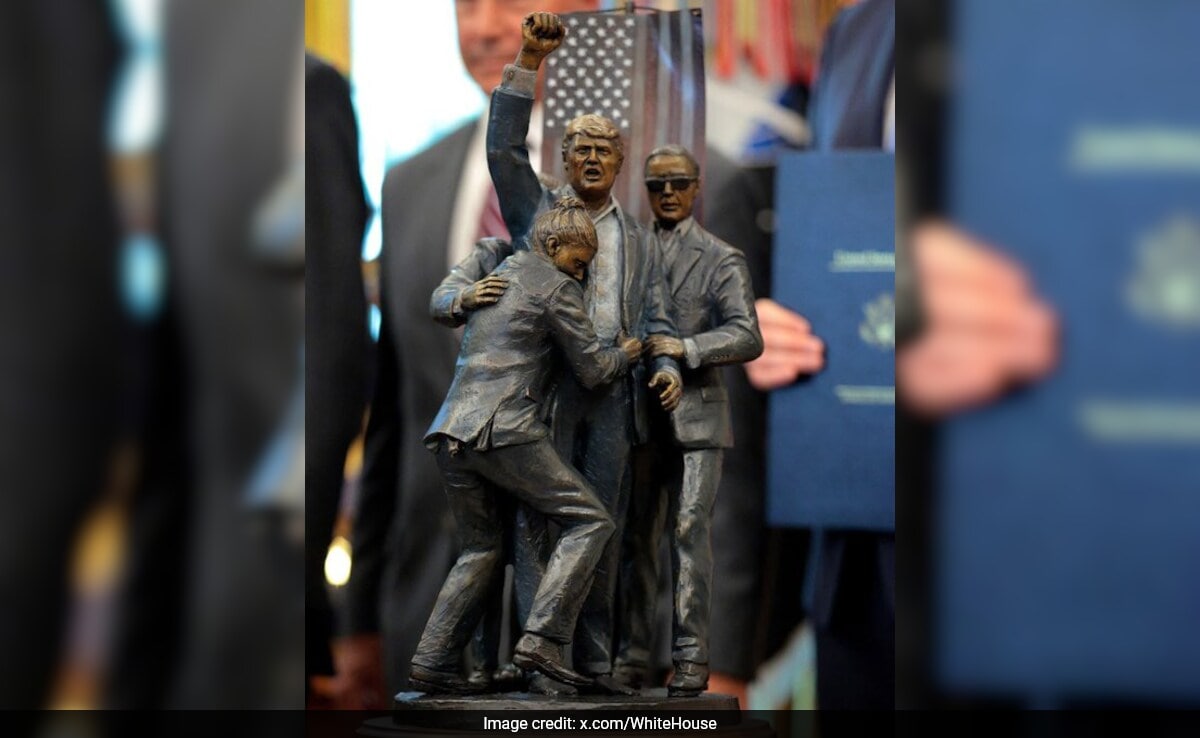Immigrant composer leaves mark on Hawaii politics, music
HONOLULU (KHON2) — For Asian-American Pacific Islander Month, KHON2 highlights an immigrant composer who has forever left his mark in local politics and music.
Jose Libornio of Santa Ana, Philippines, was born to be a musician, his parents said.
He had a great purpose — to seek a life of promise or escape a life of despair.
But this was during the late Spanish colonial period, and the young musicians would learn that the occupying aristocracy did not favor “native talent,” so he fled to a place that welcomed strangers of all colors, a place that loved music.
Libornio auditioned for and was accepted into the Royal Hawaiian Band.
King Kalakaua and Queen Liliuokalani immediately lauded his musical compositions. The daily bulletin newspaper once wrote:
“Libornio appears to be a musical genius. He has composed a trombone solo will be played at Queen Emmy Square this evening.”
Finally, his talent was recognized, but to his horror, he soon saw history repeat itself, witnessing the fall of another native kingdom and culture to Western imperialism.
His queen was now deposed and imprisoned. The new Provisional Council demanded that government works sign oaths of loyalty, including members of the Royal Hawaiian Band.
“The band members themselves were unable to feel they could support this new regime, territory, government overseeing who they were as a people. So they took their idea to Eleanor Wright Predergast to compose something that showed our feelings,” said Clark Bright, RHB Bandmaster.
The words alone were enough to get Prendergast arrested for treason, but put to a dulcet melody, non-Hawaiian speakers presumed Kaulana Na Pua was about flowers.
“Libornia, there’s some dispute whether he was the arranger or composer of the song,” Bright added.
“Kaulana Na Pua is such an important song to this day. I think of it as a Hawaiian-Filipino collaboration,” said Kim Compoc, UH West Oahu History and Humanities.
“I believe as a Filipino community’s culture, music is intrinsic. It’s who we are. Although it sounds very beautiful, there’s this underlying meaning of rebellion and revolt, using the poetry in that way to make a statement,” said Michael Casupang, Mid-Pacific Institute.
The statement of loyalty to the Queen got Libornio on the government’s deportation list, so he relocated to Peru, where he composed songs for another native leader, President Nicolas de Periola.
His death in 1915 at the age of 60 was mourned on both sides.
Check out
more news
from around Hawaii
In the islands, Jose Libornio is remembered for his tenure with the Royal Hawaiian Band and his collaboration on “Kaulana Na Pua,” still played by today’s Royal Hawaiian Band.
For Asian-American Pacific Islander Month, KHON2 salutes Jose Saban Libornio.
Copyright 2025 Nexstar Media, Inc. All rights reserved. This material may not be published, broadcast, rewritten, or redistributed.
For the latest news, weather, sports, and streaming video, head to KHON2.





